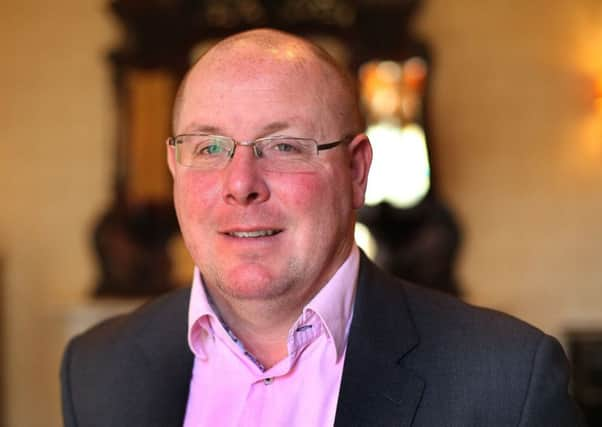Fraud probes bogged down in paperwork '“ Nick Leeson
This article contains affiliate links. We may earn a small commission on items purchased through this article, but that does not affect our editorial judgement.


Leeson, who served six years in jail for his unauthorised trades in Singapore that triggered the collapse of the bank in 1995, said fraud detection had improved over the past two decades.
But he said regulators and financial organisations were failing to take advantage of technology which could free staff to conduct new investigations.
Advertisement
Hide AdAdvertisement
Hide Ad“Systems have gotten better, people got better and we still have a ways to go, but we’ve potentially gone too far that other way,” Leeson said.
“What you regularly hear from people in those roles is that there’s so much paperwork that they have to deal with, so many regulations that they have to deal with, it’s detracting from what they should be doing: testing, pushing, prodding and challenging.”
His comments come after a spate of high-profile convictions for financial misconduct, including former trader Tom Hayes, who is serving an 11-year jail sentence for manipulating Libor interest rates.
Former UBS trader Kweku Adoboli spent three years behind bars after his unauthorised trades costing the Swiss bank $2.3 billion (£1.75bn) came to light in 2012, while trader Jerome Kerviel racked up $7.2bn (£5.5bn) of losses at French banking giant Societe Generale in 2008.
Leeson said that any future trading scandal was most likely to occur in emerging markets. “The fear of a rogue trader now is vastly diminished. If one is going to occur, it’s not going to be in the US and UK, it’ll be somewhere further afield where the market is still developing,” he said.
The 49-year-old also noted that the Serious Fraud Office (SFO), which has come under fire for failing to secure enough convictions, had upped its game.
“Back in 1995, when I was interviewed by the SFO they were shockingly bad,” Leeson said. “The forensic accountant in charge of our case, I had to hold his hand through everything we needed to explain to him. I think they’ve improved but it’s all about quality.”
Throwing “hundreds of people” at issues such as fraud and rogue trading wasn’t going to solve the problem, he stressed.
Advertisement
Hide AdAdvertisement
Hide Ad“In 2016, the tech should be good enough to ensure that you have the analytics that you need,” Leeson added.
A Bloomberg report earlier this year said HSBC was hiring as many as 175 financial crime compliance officers for their UK retail banking operations alone, adding that the bank’s compliance team had jumped to 9,000 from 1,500 in 2010.
Leeson has resurfaced in recent weeks in an effort to publicise his online course on financial trading run by e-learning company Bizintra set to start in September. The public speaking circuit still serves as his main source of trading.